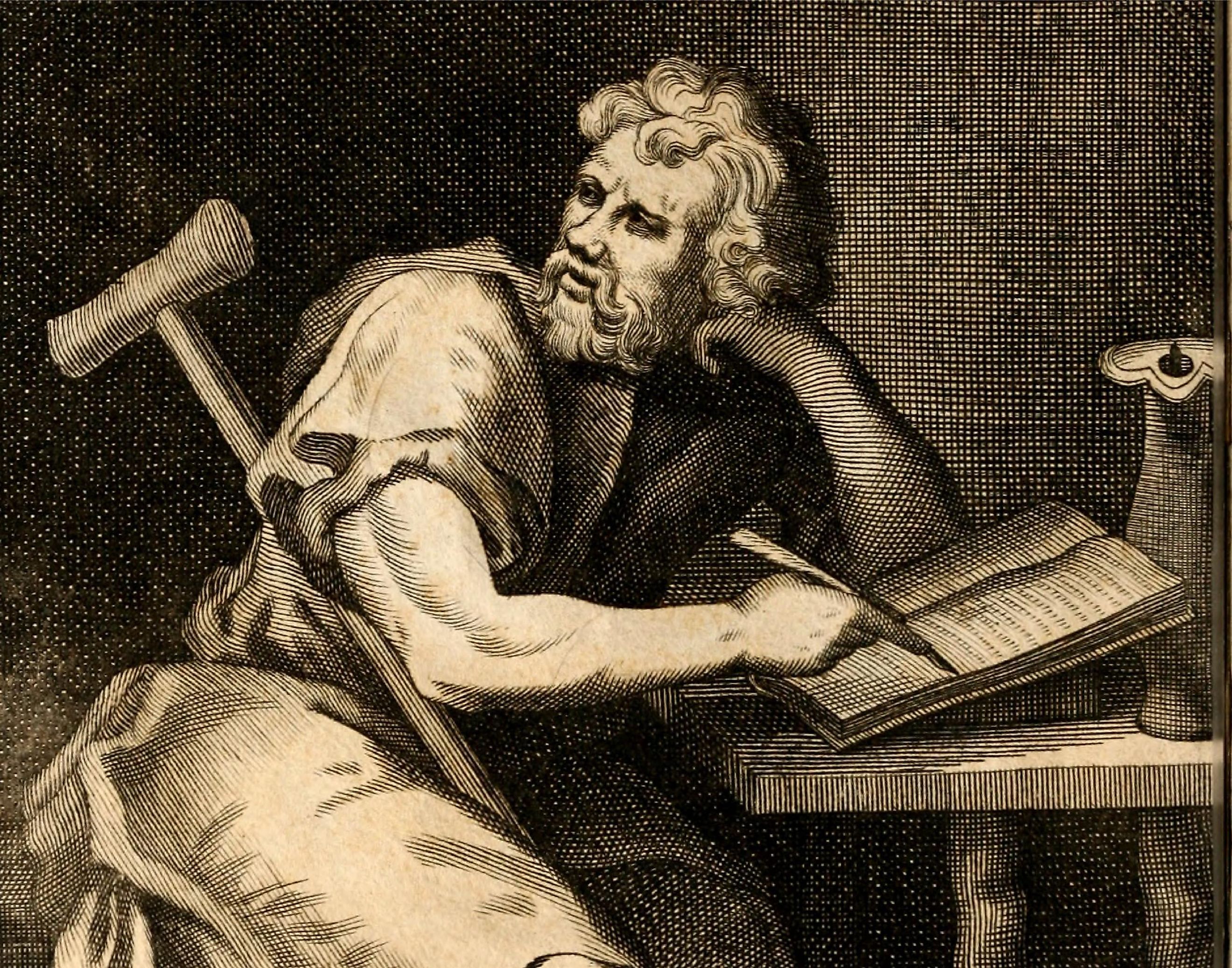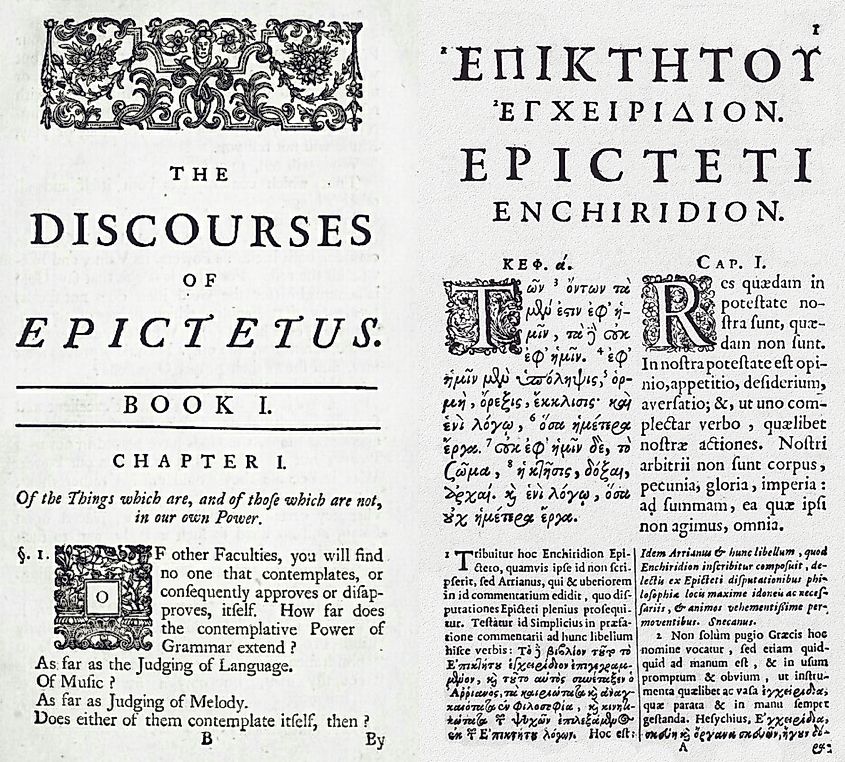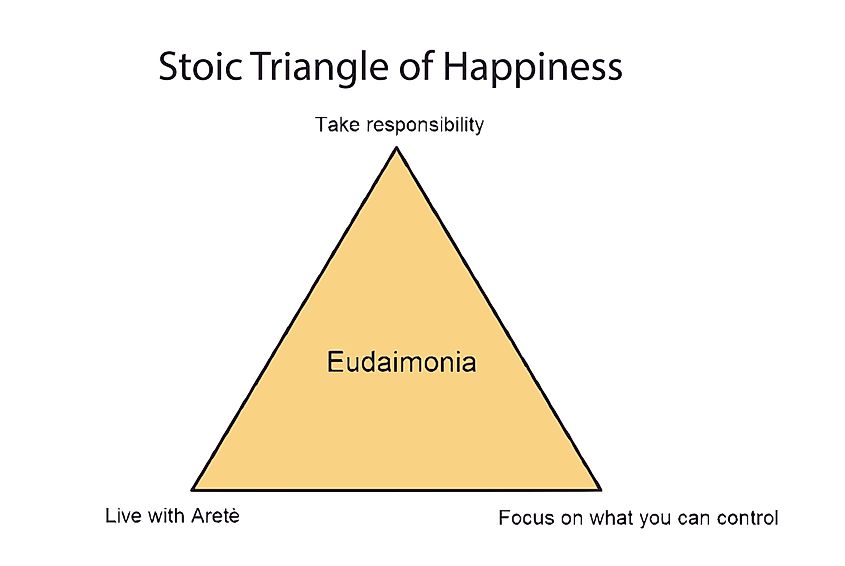
3 Requirements To Achieve Happiness According to Epictetus
Every philosophy deals with happiness in some respect. The philosophy of happiness looks at the nature, existence and attainment of happiness. In some beliefs, happiness is synonymous with luck, but some philosophies, such as stoicism, treat happiness as the moral goal of life. One of stoics most well known for their views on happiness is Epictetus. Along with other stoics at the time, Epictetus saw the goal of moral philosophy as guiding people towards happiness.
The 3 Requirements to Achieve Happiness:
Epictetus's Backstory

Epictetus was a stoic from second century CE, in the late stoa era. His name in Greek is epiktētos, which means acquired. As a child, Epictetus was a slave. However, he was still able to attend lectures on stoicism from Musonius Rufus. Eventually, Epictetus became a freeman. He lived and worked as a student in Rome. However, when emperor Domitian came into power, the emperor expelled Epictetus and other stoic philosophers from Rome because opponents to the emperor's tyranny liked the stoics. Epictetus spent the rest of his life in Nicopolis.
Epictetus's General Philosophy

Even though Epictetus was from the late stoa period, Epictetus followed the early stoics, such as Socrates, and Diogenes, the philosopher of Cynicism. One of his beliefs was that the only thing that belonged to someone was their will or purpose. Epictetus was primarily interested in ethics. he was also religious and believed God's thought directed the universe. While he said people do not control what thoughts they have, they control how they react to them.
While Epictetus wrote nothing himself, his student Arrian, kept a record of his teachings and put them int two books. Today these books are Discourses, and the Encheiridion. The Discourses focus primarily on Epictetus's ethics. Like other stoics, Epictetus believed the goal of life was eudaimonia, also known as happiness. To achieve happiness, Epictetus believed people had to be free of their passions, get rid of their worries and accept their circumstances.
1. Freedom From Desires

According to the stoics, happiness and freedom were inseparable. The Stoics did not conceive of happiness without freedom. Epictetus particularly viewed freedom as an important part of happiness. He is famously quoted saying, “Happiness does not consist in wanting things but in being free”. According to Epictetus, to achieve the freedom necessary for happiness, people had to reduce their desires. He explained that someone will feel wealthier and happier of they have fewer desires.
In this view, working towards happiness means detaching from material things. This idea stresses the importance of minimalism, and that people do not need many material things. Epictetus meant this concept to be freeing. When people realize they do not need many things, they can break free from the social pressures and conditioning that can often feel oppressive and distressing. This idea connects to Epictetus's other philosophy, breaking away from the worries.
2. Get Rid of Worries
Epictetus did not believe in dwelling in our worries and thoughts. Along with detaching from the material, Epictetus believed in detaching from our thoughts. He stressed that to be happy, people had to stop worrying about things out of their control.
According to Epictetus, people have to get rid of worries by realizing that the anxiety around certain problems usually does not come from the problem itself. Instead the anxiety comes from the problem's interpretation. If people understand that there is a difference between reality and people's response to reality, Epictetus says this allows people to change their response. Someone's attitude and response towards a situation will contribute to their happiness.
3. Accept Your Circumstances
Besides Epictetus, other stoic philosopher's talked about the importance of accepting your circumstances to be happy. For example, Seneca talked about making a balance of each day, noticing when we get irritated over events that seem trivial.
Conclusion
The goal of leading a life towards flourishing and happiness was a common goal amongst stoic philosophers. Epictetus believed to achieve this goal people have to be free of their desires, get rid of their worries and accept their circumstances. While Epictetus and the stoics had these ideas thousands of years ago, they can still be useful in pursuing happiness in our own lives today.











